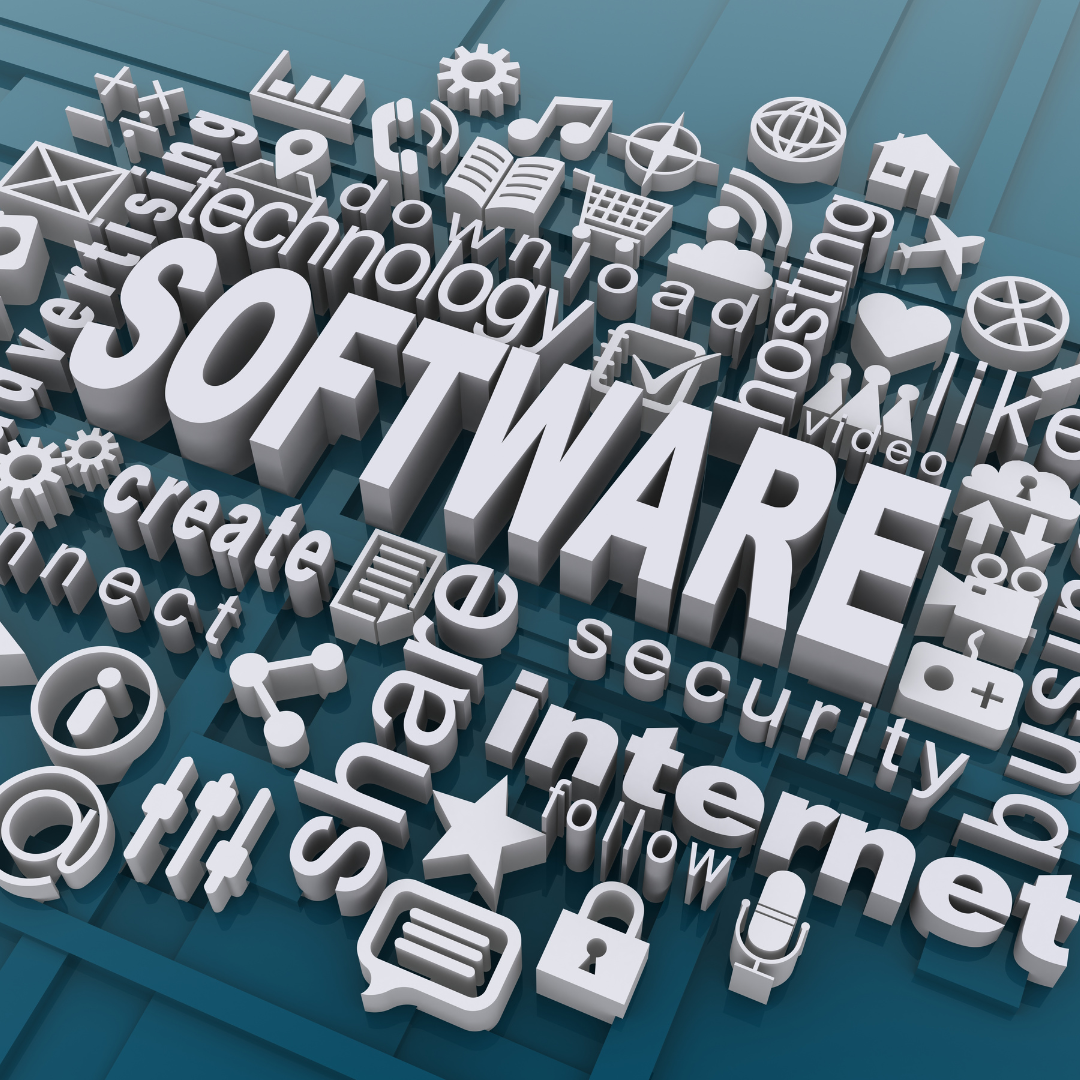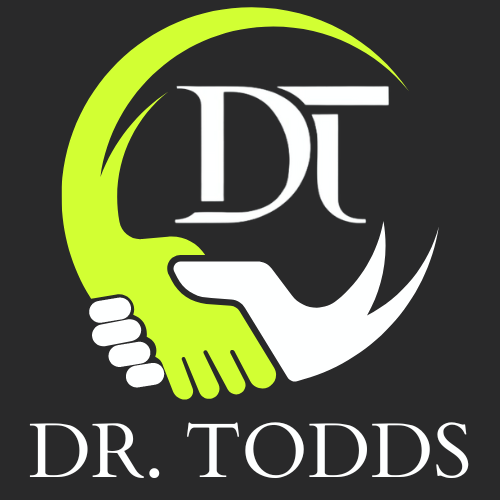
New technological innovations are occurring every day. From the latest smartphone being released onto the market, to new business software, and AI, the industry is only going to get bigger. But it is those in the business world, in particular, that are going to benefit the most.
The idea of digital transformation, that companies like pi.tech can assist with, to OKR and CMS, these revelations are only going to drive businesses into the future. While they all play an important part in their success, many business owners like to place their attention in one specific place, and that is in their CMS.
CMS software (Content Management System) is used to administrate, create, edit, and manage digital content. Typically, CMS software is used to manage website content and can also manage documents, images, videos, etc. CMS software can be web-based or desktop-based.
When it comes to a CMS (Content Management System), many small businesses rely on content management system software to help them create, manage, and publish online content. CMS software exists in many different forms and there are several key things to look for in a content management system. These are:
Core Functionality
Whether it’s large or small, CMS software provides the platform on which your company’s online presence is built. It’s responsible for displaying your content, managing email marketing campaigns, and displaying product listings. More importantly, the software you choose should support the types of products you sell and the online visitors you want to target. There are plenty of pre-made software out there, but if they are not to your liking, then you can always get one made. After all, your core functionality is the foundation on which the rest of your branding is going to be built.
Content Editor
The content editor software is one component of the CMS ecosystem. The CMS software itself is the heart of your content system, and with cloud-based software solutions, that heart is connected to the internet. To get the most out of your CMS, it’s important to understand the basic components, features, and functions of Content editor software.
CMS stands for a content management system, and it’s the software that runs your website. The software allows you to edit your website easily-for example, add pages, remove pages, and update text-without needing advanced web coding knowledge.
Flexibility and Mobile support
CMS software most often refers to content management systems that give users the ability to create content, control access, and view content. These different functions can be applied individually, but CMS applications typically combine as many as needed. They also want these systems on the go and seamless connectivity across devices. This includes mobile support, which is notoriously hard to secure. Most CMS applications don’t come with strong security, which is your business should consider investing in a Mobile threat defense system to help prevent any data breaches or ransomware invasions.
Other than that, in terms of usability, many CMS applications have various design options, allowing users to tailor CMS to their needs. When it comes to choosing it for your company, the amount of support you get from the software provider is something that should be on your radar. You not only want to find a company that will listen to your concerns but also a company that can meet your demands.
Managing Assets
CMS (Content Management System) software is used to manage digital assets. It allows you to build, store, organize, publish, secure, search, and deliver digital content on a variety of devices, including mobile. The software is a scalable solution, meaning it’s easier to manage and grow as your company grows.
The CMS software you choose to manage assets will immediately impact your business. It can streamline workflow, add functionality, and reduce costs, so it’s important to select software that adapts well to your unique business processes and helps your company grow and succeed in the future.
However, if you are using CMS software for an industry like healthcare to manage patients’ data and other important information, it is essential to employ some cybersecurity solutions. Data theft could be one of the prevailing cybercrimes, and a healthcare organization can encounter heavy losses due to that. So, to avoid any such occurrences, you can ensure that you have reliable and efficient IT solutions for healthcare in place as well as a proper understanding of how to prevent CMS software from getting hacked.
Integration and Plugins
There are a plethora of CMS products on the market, but not all of them are as effective as each other. Some CMS platforms are content management systems through and through, while others only serve as distribution points. The goal in choosing a CMS is to find one with as many built-in features as possible.
CMS software should ideally be easy to customize so that it meets your business needs. It should allow you to add widgets, navigation links, and user logins. Ideally, it should also allow you to integrate third-party software, such as social sharing buttons, email marketing software, and payment software.
Customization
Nowadays, shopping for CMS software is one of the most exciting things if you are a web developer. And because you have thousands of CMS software options to choose from, choosing the right option for your web development work can be a daunting task. It is highly recommended that you begin your search by looking for CMS software that allows you full customization to ensure that you will be able to create exactly the website you want.
We can’t cover all the key features; however, you can use the above as a guide to see how much CMS software can change your company.



